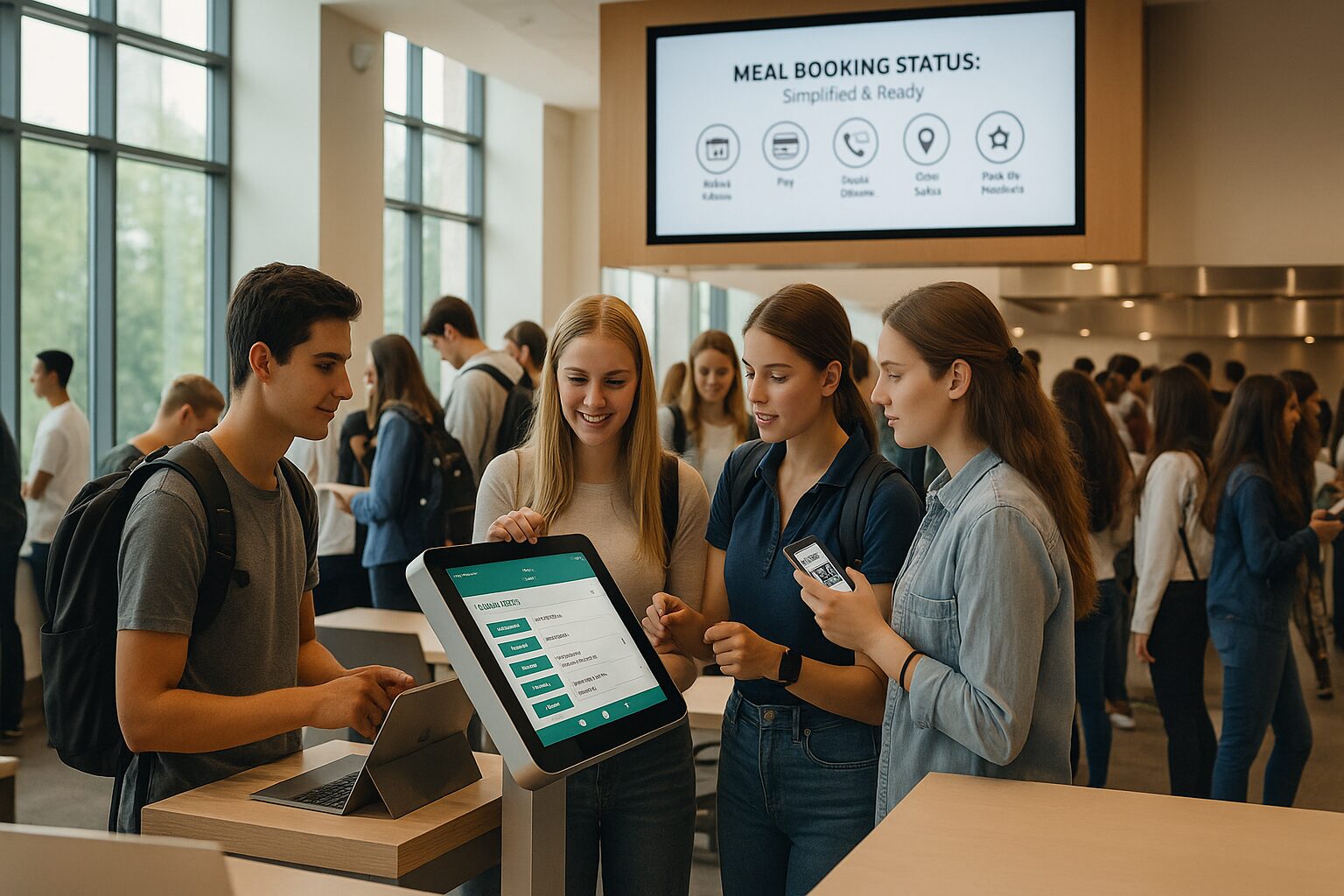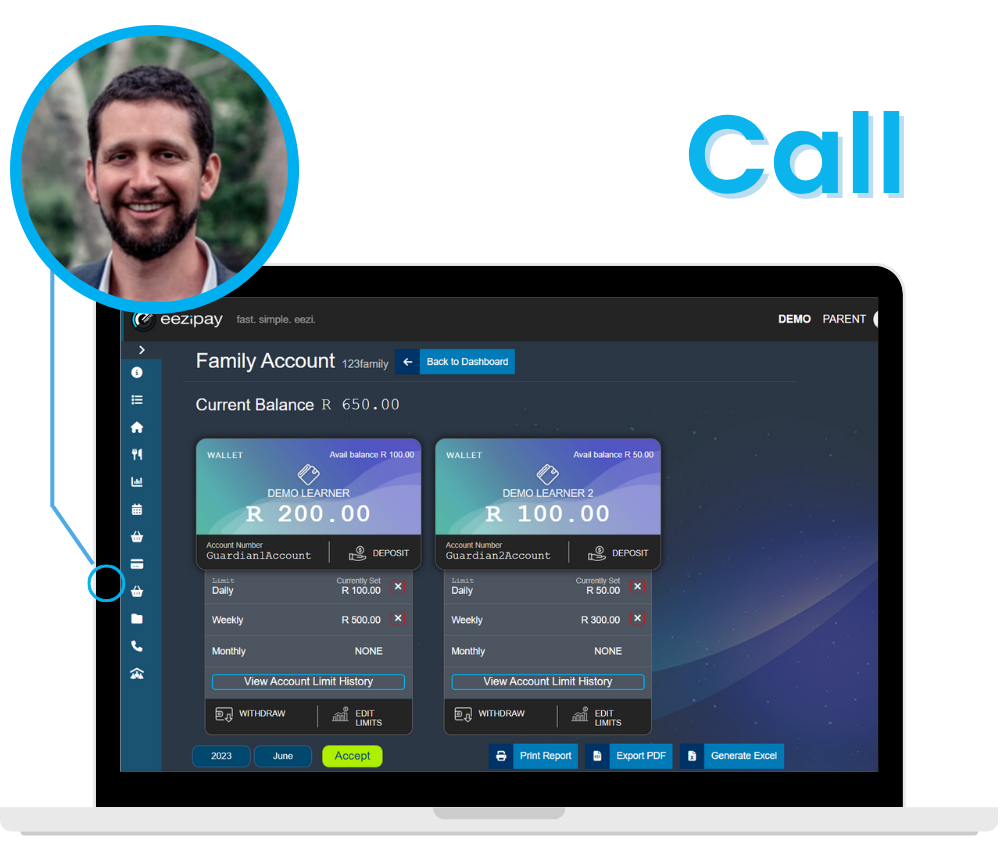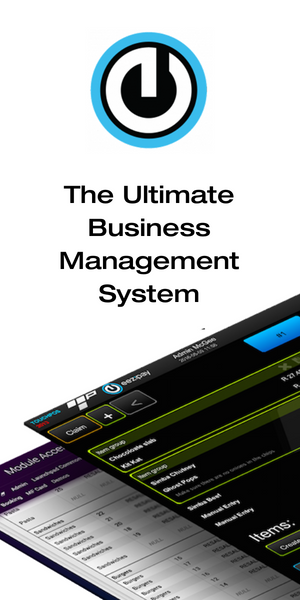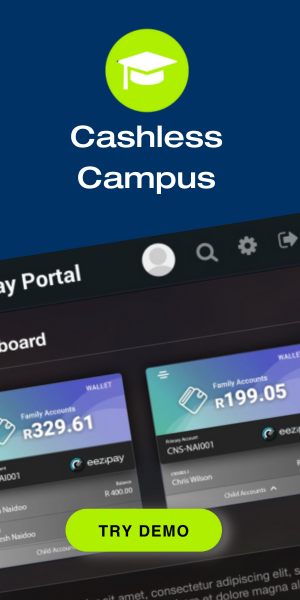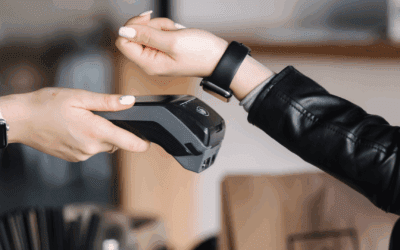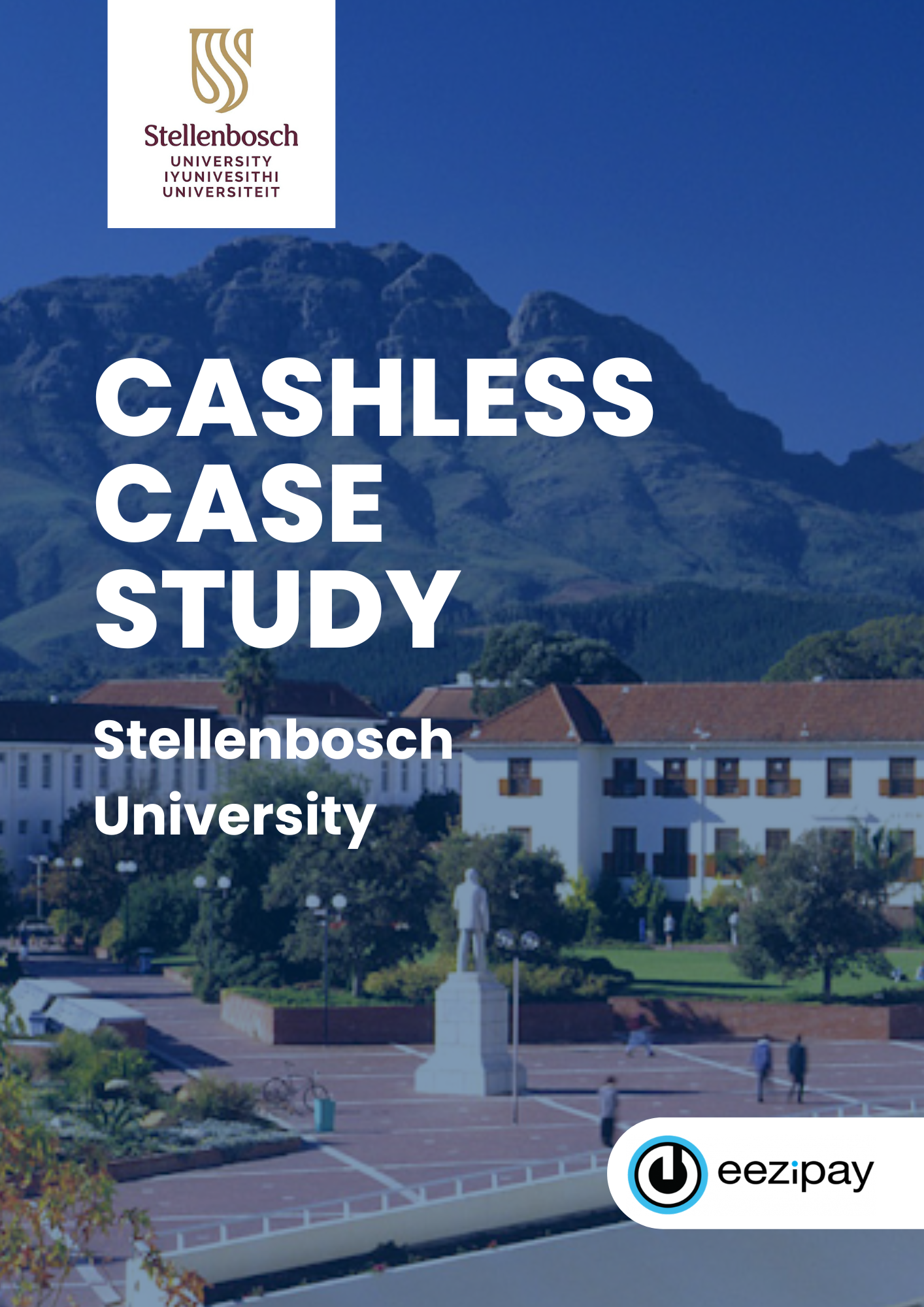The way students access and enjoy meals on campus is changing rapidly. Traditional dining models, where students queue during set times and residences struggle with unpredictable demand, are giving way to digital-first solutions that prioritise convenience, efficiency, and sustainability. One of the most impactful innovations in this space is the meal booking system – a digital platform that allows students to pre-order meals, select dining times, and pay through secure cashless channels.
For purpose-built student accommodation (PBSA) operators, residence managers, and campus dining providers, these systems are more than a technological upgrade; they are a strategic tool for improving student satisfaction and operational control. By connecting dining choices with broader digital residence management, meal booking systems reduce administrative burdens, promote healthier eating, and align with sustainability goals.
In South Africa, where student accommodation is under increasing pressure to deliver affordable, innovative, and student-centred services, the adoption of digital meal services is becoming a key differentiator. In this blog, we explore six practical benefits of meal booking systems and why they are fast becoming a must-have feature for modern student residences.
Table of Contents
1. Convenience and Time-Saving
One of the most immediate benefits of a meal booking system is saving time for both students and staff. Instead of waiting in long queues at busy dining halls or trying to guess when to eat between lectures or study sessions, students can pre-order meals, select a pickup or serving time, and avoid peak congestion. This alleviates stress, especially during exam weeks or when class schedules are irregular.
For campus dining providers, the system allows smoother throughput during peak hours. With knowledge of how many meals to prepare at what times, staff can better schedule shifts and streamline kitchen workflows. Also, meal booking systems typically offer mobile or web access, ensuring students can order from their phones—particularly important for Gen Z students who expect digital convenience in most aspects of life. Research into self-service college dining shows that mobile ordering and flexible pickup options are now considered baseline expectations among students.
2. Waste Reduction and Sustainability
Food waste is a major challenge in large residence halls and dining facilities. Traditional “cook-and-hopeless” models tend to overproduce meals because demand is uncertain. A meal booking system changes that by providing reliable demand data, enabling kitchens to prepare closer to real need.
With accurate forecasts, kitchens can plan procurement, portioning, and scheduling closer to actual need, reducing spoilage, overcooking, or unnecessary waste. This helps reduce spoilage, overcooking, or discarding unused ingredients. Such systems also allow for dynamic menu adjustments—if fewer students have booked certain dishes, those items can be scaled back or substituted with sustainable alternatives. In fact, sustainability programmes on campuses benefit when students are more conscious of the environmental impact of their meals, and when digital systems expose food waste data or allow feedback.
One technology research project, FoodWise, demonstrated that data visualisation and user engagement (via mobile apps) can meaningfully shift behaviour in waste reduction on campus environments. In South Africa, this aligns with WWF South Africa’s finding that over 10 million tonnes of food are wasted annually, much of it within institutional kitchens.
A meal booking system not only makes ordering easier but also helps student residences meet their sustainability goals by cutting unnecessary waste. Our blog on how cashless residences drive sustainability shows how integrating digital tools can make campuses greener, safer, and more efficient.
3. Better Budgeting and Financial Wellness
Financial predictability is key for both students and residence operators.
- For students, a meal booking system enables them to see exactly how much they will spend on food over a period (week, month, term), thereby making it easier to budget. They avoid spontaneous purchases at higher prices, overordering, or paying for meals they waste or do not collect.
- For PBSA operators, meal booking systems reduce lost revenue from no-shows or last-minute cancellations because many platforms allow thresholds or cancellation policies, or tie bookings to student accounts. Also, with digital payment and pre-ordering, cash handling is reduced, lowering risk and administrative overhead.
- Additionally, many modern campus dining programs use declining balance programmes or prepaid food accounts, where funds are loaded in advance and depleted as meals are used. Research shows that upgrading these to mobile-friendly, integrated meal booking platforms increases uptake, improves financial tracking, and maximises utilisation.
Thus, meal booking systems support both affordability for students and better cost control for operators.
4. Healthier Choices and Personalisation
With meal booking systems, students often can view full menus in advance, see nutritional information, and plan around dietary restrictions (vegetarian, vegan, halal, allergy-friendly). Because selections are made ahead of time, there’s less impulse ordering of less nutritious food or missing meals entirely.
This kind of planning encourages balanced meal choices. Also, the possibility of pre-ordering can facilitate portion control and reduce overeating or food waste. Digital systems often support filtering or tagging (e.g., “low sugar”, “gluten free”), helping students who have special dietary needs.
Moreover, with data collected over time from a meal booking system, residence and dining managers can analyse which healthy options are most popular, and adjust menus accordingly. This can improve the alignment of campus dining systems with student health and wellness priorities.
5. Operational Efficiency for Residences and Dining Teams
From an operational perspective, meal booking systems offer large efficiency improvements:
- Forecasting & Stock Management: Knowing in advance what meals will be required helps with ordering the correct quantities of food, reducing overstock or shortages.
- Staff Scheduling: If bookings show peaks at certain times, more staff can be scheduled then; during quieter periods, fewer staff are needed, saving labour costs.
- Error Reduction: Digital orders reduce miscommunications (e.g. handwritten tickets, verbal orders) that lead to wrong meals or missing items.
- Reporting & Analytics: Operators can track key metrics, including the most ordered dishes, cancellations, peak times, and revenue per meal, among others. This data is essential for continuous improvement.
- Integration with other systems (payment, residence management, access control) becomes smoother when digital meal booking is part of a unified campus ecosystem. For example, internal systems can sync to lock in bookings once a student’s payment method or residence account is in order.
These advantages are compelling in university settings, where hundreds of meals may need to be coordinated across multiple dining halls.
Managing meal services in a university residence requires precision, especially when hundreds of students depend on dining at predictable times. Our blog on cashless meal bookings made easy for universities shows how digital systems allow students to preload accounts, pre-order meals, and view nutrition details, while providing institutions with clearer data and reducing fraud.
6. Seamless Integration with Other Campus Systems
A meal booking system doesn’t have to stand alone. The real power often comes when it integrates with other digital infrastructure on campus:
- Cashless payments and campus card systems: Allowing students to use their campus debit or account to pay for meals simplifies transactions. It also supports faster throughput and less handling of physical cash or tokens.
- Access control: Students can only collect meals if they have booked; this helps avoid misuse, ensures fairness, and controls crowding.
- Accommodation & residence management platforms: Residence managers can monitor meal bookings as part of overall student service usage, budget planning, and amenity provision.
- Feedback & menu update tools: Integration allows students to review meals or suggest changes, which feeds directly into planning.
- Sustainability/accounting systems: Data from meal booking can feed into carbon footprint, food waste, and cost-accounting metrics, supporting institutional sustainability strategies.
All this makes the student residence more modern and appealing to students, and helps operators gather data for decision-making.
Wider Implications for PBSA Operators and Residence Managers
Beyond these six core benefits, implementing a meal booking system also positions PBSA operators and residence managers to achieve broader competitive and reputational gains:
- Competitive Differentiation: Offering digital dining services signals innovation and responsiveness to student expectations.
- Reputation and Retention: A modern dining experience encourages renewals, word-of-mouth referrals, and positive reviews from parents.
- Risk Management: By reducing waste, improving predictability, and stabilising costs, operators are better prepared for supply chain or inflation shocks.
In short, the value of a meal booking system extends beyond dining halls — it strengthens the overall student living experience and the residence’s market appeal.
Next Steps for Student Residences
Implementing a meal booking system in student residences is not simply about adopting new technology—it’s about rethinking campus dining to be more student-centred, efficient, and sustainable. The six benefits of a meal booking system we’ve explored—convenience, waste reduction, better budgeting, healthier choice, operational efficiency, and seamless integration- combine to deliver value for students and operators alike.
For PBSA operators, residence managers, and campus dining providers, the question is no longer if to adopt meal booking systems, but how quickly and how effectively. For a closer look at how POS technology supports campus dining, see our blog on POS System Benefits: 5 Powerful Reasons to Upgrade Your School Canteen.
Ready to modernise?
A meal booking system can help you cut waste, improve efficiency, and boost student satisfaction. If you’d like to see how these ideas can apply directly to your institution, visit our Solutions page for practical guidance on integrating digital systems into student residences.
For a broader perspective on how cashless innovation is reshaping higher education, we recommend our University Guide to Cashless Campus Living — a resource packed with strategies to align dining, payments, and student life under one smart ecosystem.

